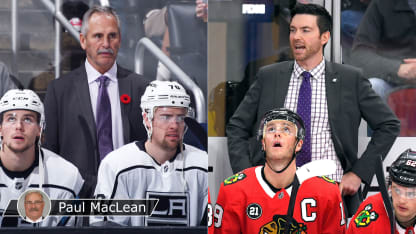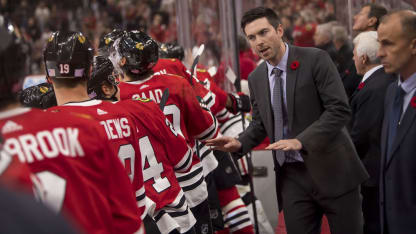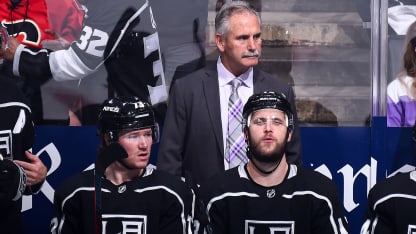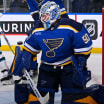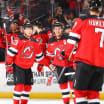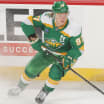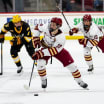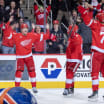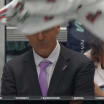It's a big shock when moves like these are made, especially when it involves someone like Quenneville, who has won the Stanley Cup multiple times. From the players to the fans, it's a shock. Everyone has to take a deep breath.
I went through three in-season coaching changes while I was a player with the Winnipeg Jets. You look in the mirror and say: "What could I have done better? What can I do better?" There's a feeling that the coach is merely the scapegoat for the shortcomings of you and your teammates, and it's something you want to resolve.
As a player, you hurt because the guy who was dismissed got hurt. You had a relationship with this person. Suddenly they aren't there anymore.
From a glass-half-full point of view, it can be refreshing to hear a new voice and new ideas in the dressing room. In some situations, it's just a joke or a reaction that gets a player going, especially when it comes to self-evaluation. Having someone new to talk to, sometimes it's just a different tone or a different way of explaining and breaking down a play that suddenly has a guy saying to himself: "OK, I get it now."
There's also the fact that maybe players can play more relaxed once the change has been made. The pressure of losing explodes at the point a coach is dismissed. The hope is that the players can play more relaxed and free once the move is made.
At the same time, there are bumps in the road the players and coach each must navigate in these situations.
In Chicago, veterans have had a decade of continuity and familiarity of Quenneville's system and how he did things. Those habits become entrenched. Now it's time for something new. Can it happen overnight? That's tough.
In Los Angeles, it will likely be a slow process for Desjardins to leave his footprint on this team. It will take time, especially when for things like implementing systems. To that point: One of the issues he and Colliton must deal with is the limited practice time as dictated by the Collective Bargaining Agreement. You can't just clog together practices every non-game day for a month in order to provide players with a crash course on what you are trying to teach. With travel and legislated days off, it just doesn't work that way anymore.
It's almost like a mini-training camp in Los Angeles and Chicago right now. That's what happens when you have in-season coaching changes. But it's a slower process with the compressed schedule and compulsory days off.
You need at least three days to go over the specific play in each of the three zones -- offensive, defensive and neutral. Then there's work on the power play and penalty kill. It can be very time-consuming, especially when you don't have those three-day windows.
Only Scotty Bowman (1,244) has more wins than Quenneville (890), who is ticketed for the Hockey Hall of Fame. That hasn't stopped each of them from being fired on multiple occasions. It's part of the business, as distasteful as it might be for the individuals involved.
But it's not easy for the guys replacing them either. Hitting the reboot button might be the logical thing to do at times; however, there are no guarantees.
